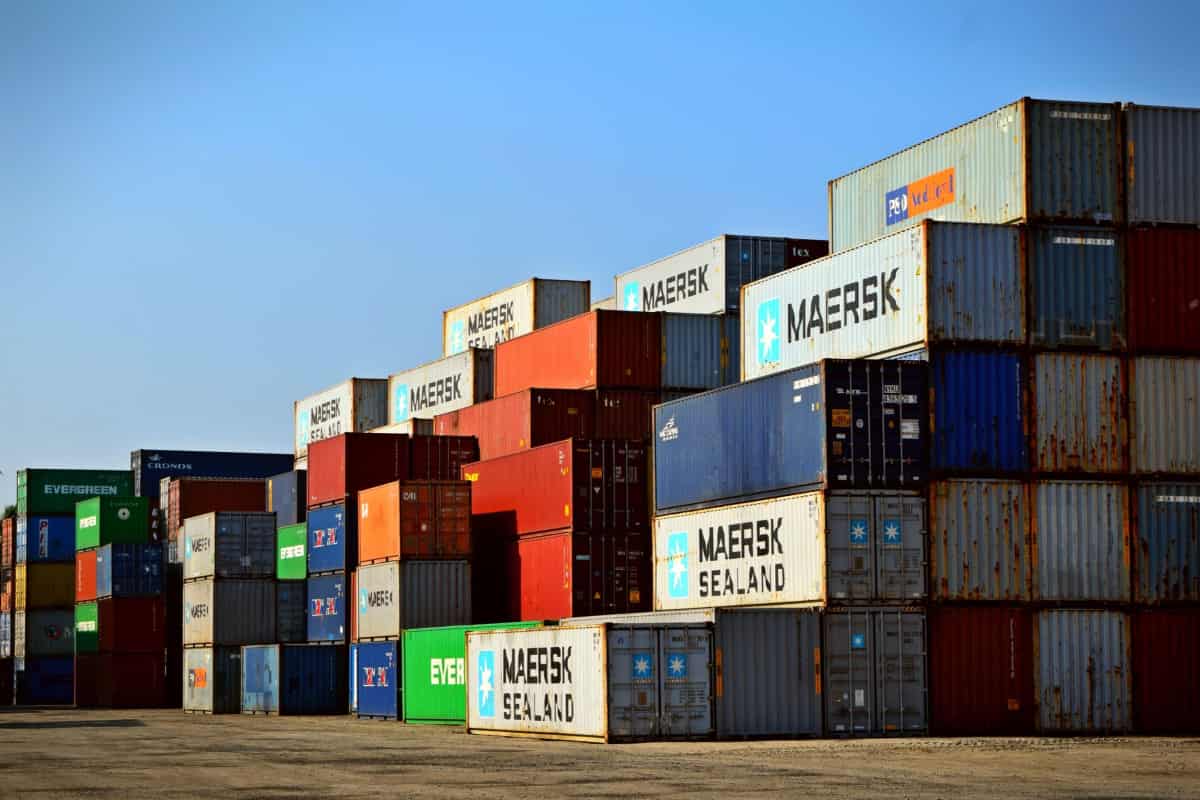Introduction
Businesses must carefully consider whether any goods that they export out of Australia are subject to export control rules. In doing so, they must monitor and comply with national and international requirements. This is to ensure that they are not sending out any goods that may be used for militaristic purposes. Thus, businesses must be able to identify if they are dealing with dual-use goods.
What are dual-use Goods?
Dual-use goods are any item or technology that are common in regular or commercial use, but also have military application. The Defence and Strategic Goods list lists goods that cannot be exported, supplied, published or brokered from Australia. However, permits granted by the Minister for Defence and legislative exemptions provide exceptions to these rules.
These goods might include the components of a weapon, or items used to manufacture a component of a weapon. Trading these dual-use goods is subject to controls that prevent risks that these items might pose for international security.
Examples of Dual-use Goods
Drones, Radio navigation systems such as GPS and even aluminium pipes with certain specifications, are examples of dual-use goods. The potential risk these goods pose for military purposes have led to regulators attempting to control their international exportation.
Controlling these Goods
The Australian Government has implemented numerous national legislative and regulatory international arrangements, which form Australia’s export control system. This system promotes the export of Australia dual-use goods in line with our national interests.
Legislation, international treaties and conventions control these goods. This includes:
- the Chemical Weapons Convention and the Biological Weapons Convention;
- the Customs Act 1901 (Cth); and
- the Weapons of Mass Destruction (Prevention of Proliferation) Act 1995 (Cth).
This has led to a number of obligations to conduct additional checks when considering export control licensing, transport and location. Every actor in the supply chain is impacted by these regulations, including banks that finance them.
Australian businesses and individuals exporting, supplying dual use goods to someone outside of Australia will be affected by these regulations. If your business has significant size and scope, you must assess your risk exposure. It is important to understand your obligations and develop effective measures to mitigate these risks. If you are unsure about your obligations, consider speaking to a lawyer.
Challenges in Regulation
They can have legitimate uses
The nature of these items makes regulation and policy difficult to formulate. This is because some of these goods promote technological development and strengthen economic ties. However, they still pose a potential risk to international security. For example, whilst chlorine is a cheap, commercial good with a number of industrial applications, it can be a devastating chemical weapon.
Identification can be complex
Dual-use goods are often difficult to identify because they are characterised in either over-technical or generic terms. For example, they can be identified by their properties, such as tensile strength, or specific measurements such a particular diameter of tubing. On the contrary, other terms may be too broad or generic. A term such as ‘unmanned aerial vehicles’ can refer to a number of items, including non-dual-use goods.
Regardless, this poses challenges to properly categorising certain goods. It is difficult to match terms provided in the regulatory guidance with the good itself, and takes specialised knowledge and experience to do so. This creates challenges when identifying these goods as specialised information and advice is often required to determine the use of the good and its legal and regulatory implications.
Permits and penalties
It is important that entities dealing with dual-use goods understand whether their activities with these goods are subject to export controls, which may include the requirement of a permit or license. Those who offend regulations relating to dual-use goods can incur significant penalties. In some cases, this can be ten years’ imprisonment, up to $525,000, or both.
Conclusion
Businesses must understand the requirements surrounding dual-use goods when trading internationally. This can be challenging for many given the strict requirements. Thus, if your goods have dual uses, you should do thorough research and seek legal assistance. This will help you abide by the law and avoid hefty fines and penalties.






